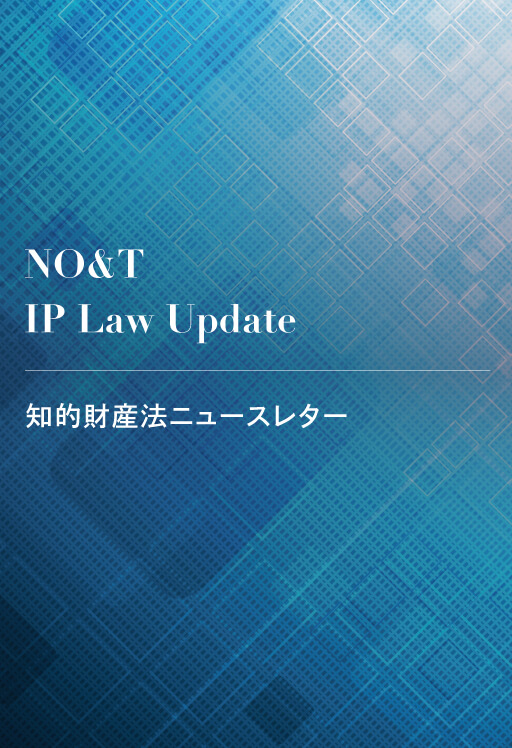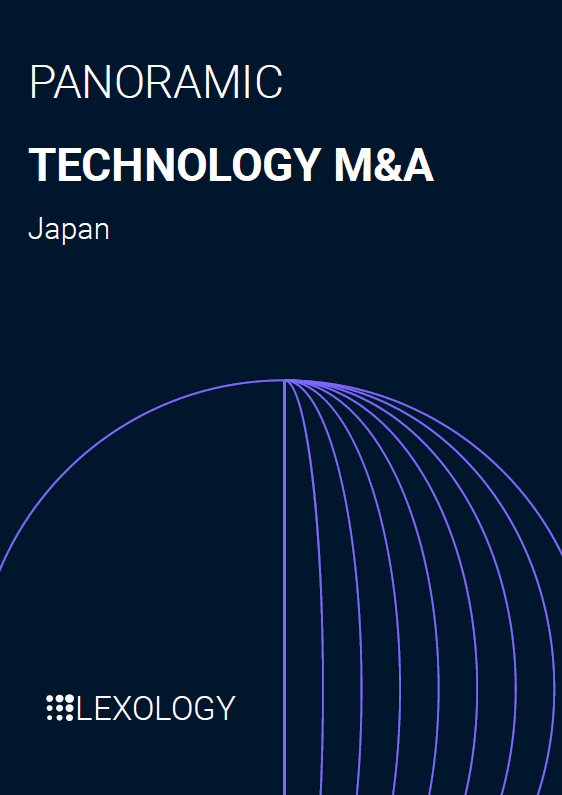
NO&T Asia Legal Review
Digital technology has become a significant tool in the daily lives of people and has eased the life of many. Nowadays, we have a range of digital platforms to choose from, such as online marketplaces, electronic commerce, food or goods delivery services, and ride hailing services, all of which contribute to the country’s economy and improve market access for customers. Due to growth of these digital platforms, the necessity to regulate the service operators of digital platform is becoming more imminent in many jurisdictions, including Thailand.
In response to the growth of digital platforms, the Electronic Transactions Development Agency of Thailand (“ETDA”) under the Ministry of Digital Economy and Society (“MDES”) which is responsible for the regulation of services related to electronic transactions in Thailand had introduced the Draft Royal Decree on Supervision of Digital Platform Service Business Subject to Prior Notification (the “Draft Royal Decree on Digital Platform Service” or “Draft Royal Decree”) and arranged public hearing with relevant government authorities and general public. Subsequently, on 25 October 2021, the Draft Royal Decree was approved in principle by the Cabinet.
The Draft Royal Decree is issued under the Electronic Transactions Act of 2001 (the “Electronic Transactions Act”), the main law which regulates electronic transactions in Thailand in general. Under Section 32 of the Electronic Transactions Act, a Royal Decree may be enacted to impose duties to notify, register or obtain licenses for the operation of particular electronic transaction businesses in Thailand.
According to the information published by ETDA, the main purposes of the Draft Royal Decree are to (i) standardize the operation of digital platform services in Thailand, (ii) provide transparency to service users which include, (a) individuals and juristic persons who are general business operators and offer products or services for sales via the platforms, and (b) ordinary customers who are end-customers for products/services sold or provided by business operators in (a). The key provisions of the Draft Royal Decree are as follows:
Under Section 7 of the Draft Royal Decree, any business operator who provides “digital platform services” shall have the duty to notify ETDA. The rules, requirements, and the notification form thereof will be further prescribed by the Electronic Transactions Committee in accordance with the Electronic Transaction Act. It must be noted that, to be subject to this duty, such business operators who provide digital platform services (the “Service Provider”) must have the following characteristics:
Notwithstanding the above, the notification requirement under the Draft Royal Decree, however, will not apply to certain types of digital platform services which are already supervised by other authorities or digital platform services as prescribed by the Electronic Transactions Committee. Details and characteristics of the exempted Service Providers will be further prescribed in the sub-regulations to be issued under the Draft Royal Decree once it is enacted.
Information such as the name and status of the Service Provider who has already notified its business to ETDA will be displayed to the public. In addition, if any Service Provider wishes to cease their business operations in Thailand, such person must notify ETDA in advance by online channel not less than 60 days before the ceasing date.
Under Section 10 of the Draft Royal Decree, the Service Provider who is located outside Thailand must appoint a local representative in writing. Such representative must be in Thailand and be authorized to act on behalf of the Service Provider without any limitations on liabilities relating to the provision of digital platform services. The representative shall be responsible for the compliance of duties stipulated under Chapter II of the Draft Royal Decree, such as filing reports to ETDA and disclosing information regarding conditions of the services to users.
According to the explanation of the Draft Royal Decree published by ETDA, the purpose of this requirement is to enable the authorities and service users to be able to communicate in the event of queries and claims against the Service Provider.
In addition to the notification duty as mentioned in 1., the Service Provider must submit a notification letter regarding business size on a yearly basis within 30 days from the last day of the fiscal year. In addition, all Service Providers must cooperate upon receiving a legal order or a court order to comply with the Draft Royal Decree. Furthermore, they may be required to comply with other ETDA’s notifications issued under the Draft Royal Decree on Digital Platform Service, provided that they fall within the specific categories prescribed by ETDA.
The Draft Royal Decree grants a wide range of authorities to ETDA. One of the most important authority of ETDA under the Draft Royal Decree is that ETDA has the power to issue the order to prohibit the Service Provider who violates or fails to comply with the requirements under the Draft Royal Decree from providing digital platform service in Thailand until they have fully complied therewith. Moreover, ETDA, with the approval of the Electronic Transactions Committee, may request cooperation from other authorities to undertake any action for the benefit of the enforcement of the Draft Royal Decree, such as the authority of MDES to block illegal digital platforms.
In addition to the above enforcement measures, any Service Provider who fails to notify ETDA, fails to comply with ETDA officer’s orders or operates digital platform service after its notification has been revoked is subject to imprisonment for a term not exceeding one year or to a fine not exceeding 100,000 THB, or to both, under the Electronic Transactions Act.
This Draft Royal Decree on Digital Platform Service is expected to help to ensure transparent and fair operations, build trust in providing services, protect platform users such as customers as well as operators, and promote best practice or self-supervision mechanism to protect and benefit financial security and commerce, as well as protect the public from damages.
Currently, the Draft Royal Decree on Digital Platform Service is being reviewed by the Council of State, and may be subject to further amendments before being forwarded to the Cabinet for final consideration. We will closely monitor the status and keep our readers updated of any developments.
This newsletter is given as general information for reference purposes only and therefore does not constitute our firm’s legal advice. Any opinion stated in this newsletter is a personal view of the author(s) and not our firm’s official view. For any specific matter or legal issue, please do not rely on this newsletter but make sure to consult a legal adviser. We would be delighted to answer your questions, if any.


Hoai Truong


(August 2025)
Keiji Tonomura, Yoshiteru Matsuzaki (Co-author)


(July 2025)
Ryo Okubo, Yu Takahashi, Uchu Takehara, Naoto Obara (Co-author)


(June 2025)
Keiji Tonomura, Yukiko Konno, Minh Thi Cao Koike, Yoshiteru Matsuzaki (Co-author)


Kenji Tosaki, Takahiro Hatori, Nozomi Kato (Co-author)


Salin Kongpakpaisarn, Pundaree Tanapathong (Co-author)


(November 2024)
Keiji Tonomura, Masaki Mizukoshi, Uchu Takehara, Hitomi Kono (Co-author)


(October 2024)
Yasushi Kudo, Tsubasa Watanabe, Hayato Maruta (Co-author)


(August 2025)
Keiji Tonomura, Yoshiteru Matsuzaki (Co-author)


(April 2025)
Keiji Tonomura, Akira Komatsu (Co-author)


Poonyisa Sornchangwat, Kwanchanok Jantakram (Co-author)


Kenji Tosaki, Takahiro Hatori, Nozomi Kato (Co-author)


Supasit Boonsanong, Thananya Pholchaniko, Phareeya Yongpanich (Co-author)


Patricia O. Ko


Claire Chong, Nozomi Kato (Co-author)


Yuan Yao Lee


Supasit Boonsanong, Thananya Pholchaniko, Phareeya Yongpanich (Co-author)


Patricia O. Ko


Claire Chong, Nozomi Kato (Co-author)


Yuan Yao Lee


Supasit Boonsanong, Thananya Pholchaniko, Phareeya Yongpanich (Co-author)


Nopparak Yangiam, Parot Promkam (Co-author)


Shunsuke Minowa, Poonyisa Sornchangwat (Co-author)


Shohei Sasaki, Shunsuke Minowa, Poonyisa Sornchangwat, Kwanchanok Jantakram (Co-author)